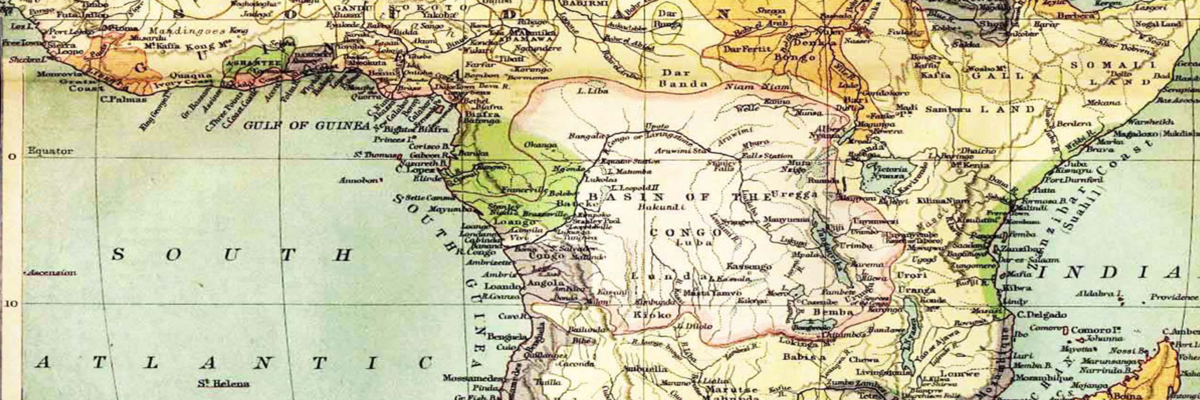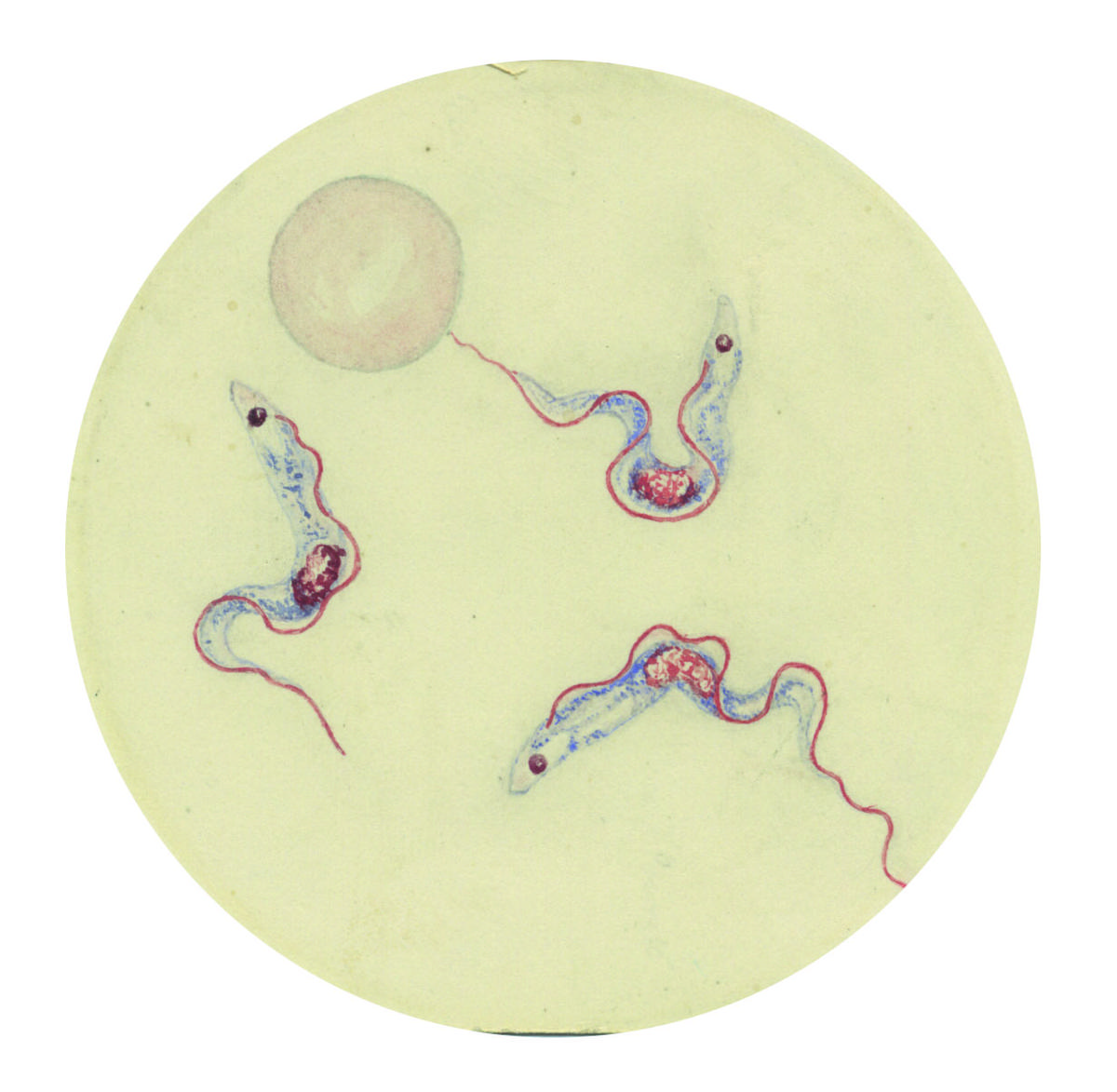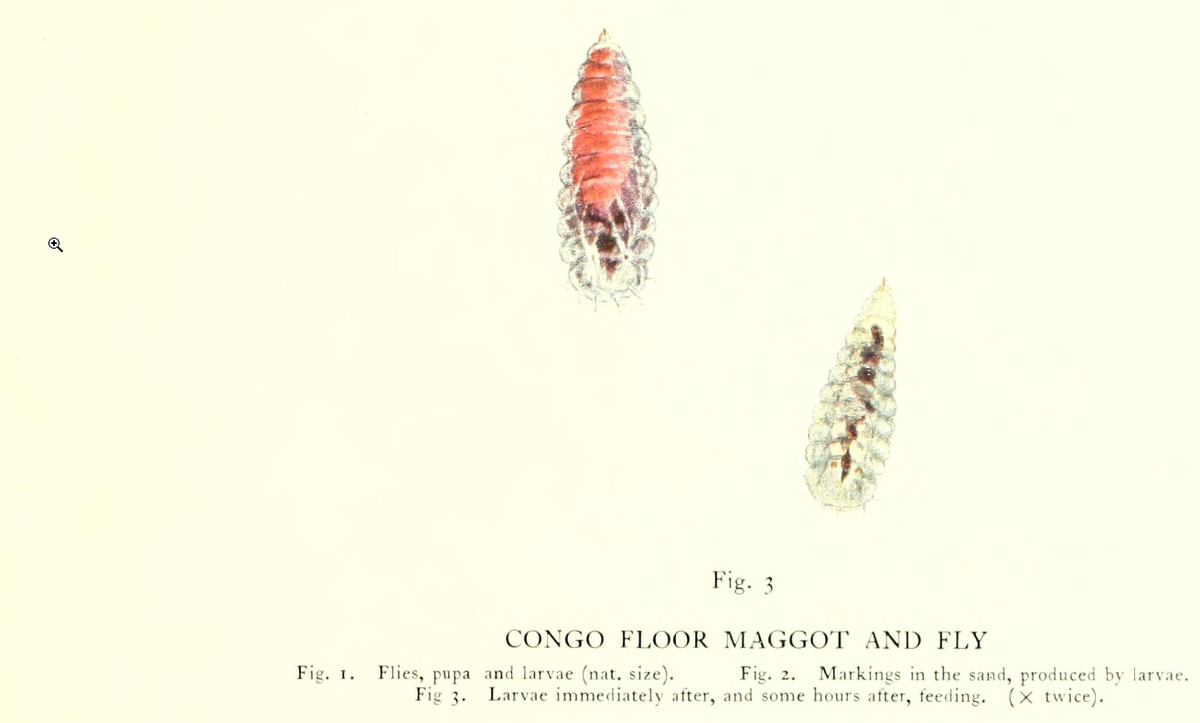
LSTM Pioneers: Joseph Everett Dutton (1874 – 1905)

Born in Cheshire, Dutton was admitted to the University of Liverpool from which he graduated in 1897.
Dutton joined an expedition to Nigeria in 1900, the third expedition arranged by LSTM. This trip led to two reports, one on sanitation to avoid malaria and the other on filariasis.
In 1901 he was elected Walter Myers Fellow in Parasitology.

Dutton undertook an expedition to the Gambia on his own at the start of 1901. In early 1902 he first demonstrated the sleeping sickness parasite (trypanosome) in human blood.
The discovery was an important stage in understanding the widespread and often deadly disease of sleeping sickness.

The twelfth expedition of the Liverpool School of Tropical Medicine left for the Congo Free State on 13 September 1903. Dutton was accompanied by John Lancelot Todd and Cuthbert Christy. Christy went back to England in June 1904, while Todd and Dutton went upstream to Stanley Falls, which they reached late in 1904. There they demonstrated what caused tick fever, and how it was transferred between humans and monkeys. Dutton found that the monkeys could be infected by bites from soft ticks (Ornithodoros moubata) carrying Borrelia duttoni, a spirochaete. He also found that the parasite could pass into the eggs and larvae of the ticks, so the next generation would also be vehicles for infection.

Both Todd and Dutton caught the disease, but were well enough to continue traveling, and reached Kasongo on 9 February 1905. Dutton's health then declined quickly. He recorded his symptoms until too weak, after which Todd continued the record. Dutton died at Kasongo on 27 February 1905. More than a thousand people attended his burial, mostly local people whom he had treated and whose respect he had earned. It took two months for the news of his death to be carried to the nearest telegraph station.